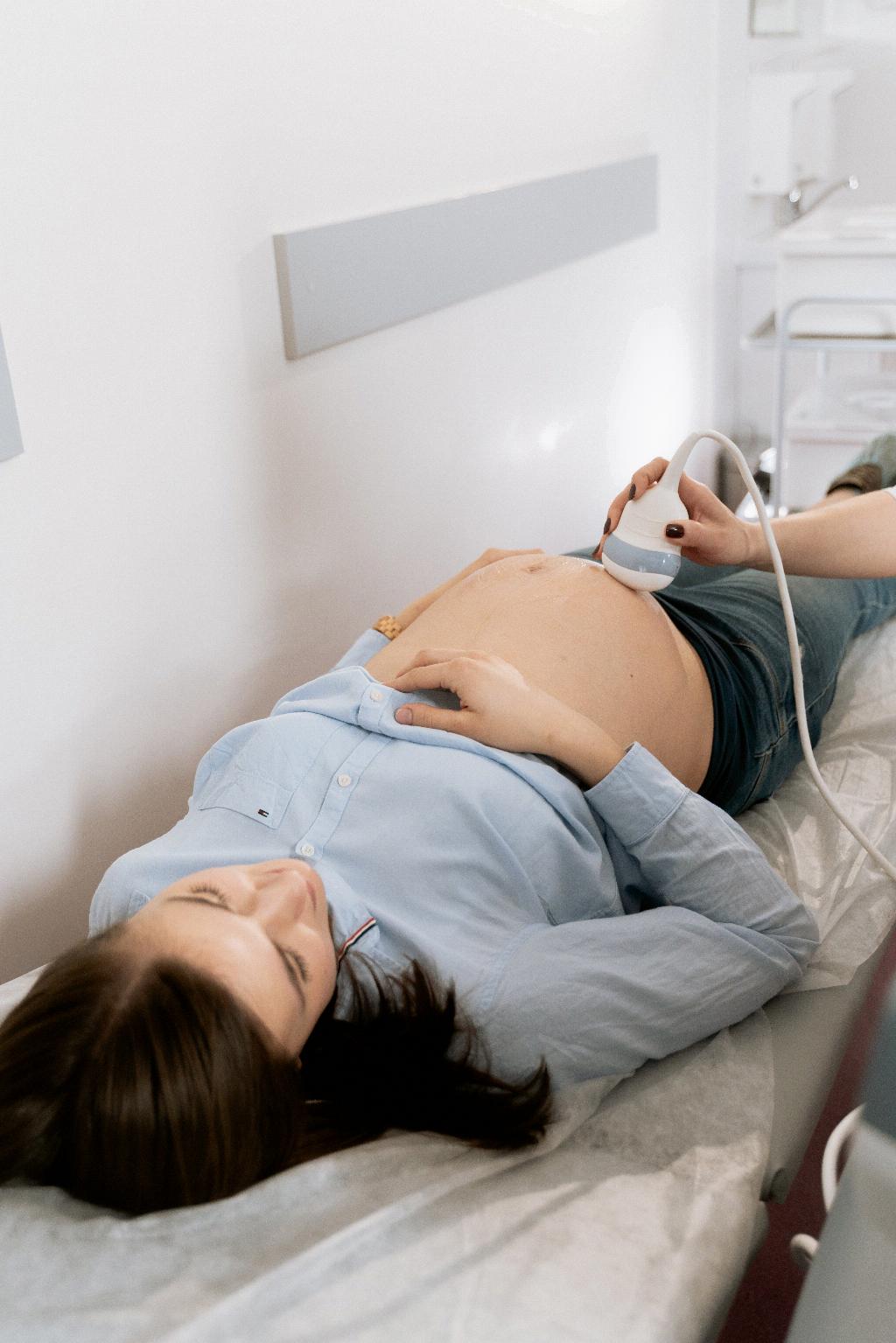Experiencing loose stools during pregnancy is a common occurrence that can be attributed to various factors such as hormonal changes, dietary fluctuations, and increased sensitivity to certain foods. While it can be uncomfortable, there are several strategies you can implement to alleviate this issue and promote better gastrointestinal health.
Stay Hydrated
One of the most important steps in managing loose stools during pregnancy is to stay hydrated. Diarrhea can lead to dehydration, which can be harmful to both you and your baby. It is crucial to drink plenty of water, juice, and broth to replenish the fluids and electrolytes lost due to frequent bowel movements.
Modify Your Diet
Adjusting your diet can play a significant role in relieving loose stools. Focus on consuming easily digestible foods such as bananas, rice, applesauce, and toast (BRAT diet). These foods can help firm up your stools and provide relief from gastrointestinal distress.
Avoid Trigger Foods
Identify and avoid foods that may trigger loose stools during pregnancy. Common culprits include spicy foods, greasy foods, caffeine, and dairy products. Keeping a food diary can help you pinpoint specific items that worsen your symptoms, allowing you to eliminate them from your diet.
Probiotics and Fermented Foods
Integrating probiotics and fermented foods into your diet can aid in restoring the balance of healthy gut bacteria and improving overall digestive health. Yogurt, kefir, sauerkraut, and kimchi are excellent sources of beneficial probiotics that can promote regular bowel movements.
Exercise Regularly
Engaging in light to moderate exercise during pregnancy can help regulate bowel function and alleviate digestive issues such as loose stools. Physical activity promotes healthy digestion, reduces bloating, and enhances overall well-being for both you and your baby.
Manage Stress
High levels of stress and anxiety can exacerbate gastrointestinal problems, including loose stools. Practice relaxation techniques such as deep breathing, meditation, prenatal yoga, or gentle stretching to reduce stress and promote emotional balance during pregnancy.
Consult Your Healthcare Provider
If you experience persistent or severe loose stools during pregnancy, it is important to consult your healthcare provider for a comprehensive evaluation. Your doctor can assess your symptoms, perform necessary tests, and recommend appropriate treatment options to address your specific needs.
Avoid Over-the-Counter Medications
Avoid self-medicating with over-the-counter remedies for loose stools during pregnancy without consulting your healthcare provider first. Some medications may not be safe for use during pregnancy and can potentially harm you and your baby. Always seek professional medical advice before taking any medications.
Stay Informed
Educate yourself about the dietary and lifestyle factors that can impact your digestive health during pregnancy. Stay informed about the potential causes of loose stools, preventive measures, and treatment options available to effectively manage this common issue and ensure a smooth pregnancy journey.
Conclusion
Overall, addressing loose stools during pregnancy involves a combination of hydration, dietary modifications, probiotics, regular exercise, stress management, and medical guidance. By taking proactive steps to promote gastrointestinal health and well-being, you can minimize discomfort and enjoy a positive pregnancy experience.

